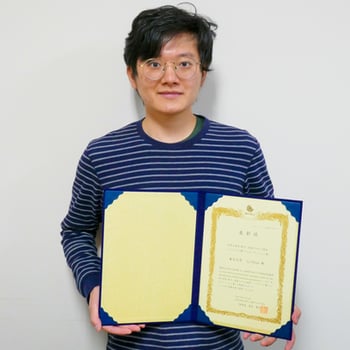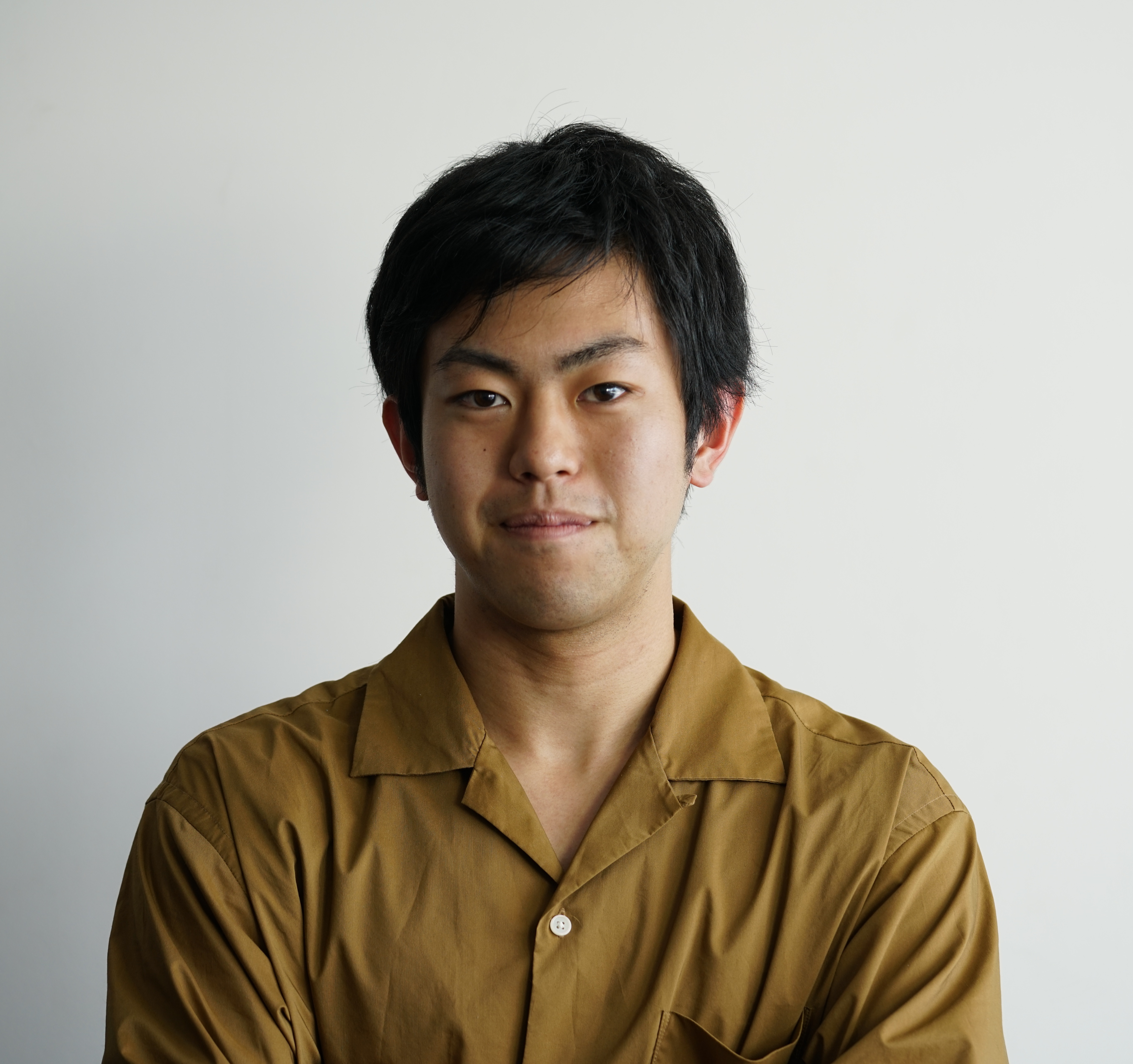Share this
On 24th September 2021, Shuo Li (D3), Sakai Labo, Department of Nuclear Engineering and Management, School of Engineering, received “Symposium Award (Presentation Award)” at the SCEJ 52nd Autumn Meeting.
<Name of award and short explanation about the award>
Symposium Award (Presentation Award)
It was given for the excellent oral presentation by student at this symposium.
<About awarded research>
The discrete element method (DEM) has been proven its capacity and accuracy in the modeling of granular behavior within a variety of industrial processes. In these simulations, the bulk behavior of granular flow depends on the contact law of particles. In general, the input parameters for the contact law are empirically determined. This is because these parameters are difficult, or sometimes impossible, to measure by experimental techniques. In this study, we developed a data-driven parameterized surrogate model (PSM) based on the developed Lanczos proper orthogonal decomposition (LPOD). In this model, the characteristics of the DEM bulk behavior can be captured by the LPOD method. A surrogate model is developed by constructing the multidimensional interpolation functions in the parameterized space based on the radial basis functions (RBF). A good agreement between the DEM and PSM results can be obtained in both static and dynamic angle of response tests. The machine learning algorithm SHAP can be used in our current PSM to estimate the importance of different DEM parameters to the bulk behaviors. This approach could be helpful to determine the physical properties in the DEM.
<Your impression & future plan>
It is my great honor to win this award. I would like to express my sincere appreciation to every member in my lab, especially Dr. Guangtao Duan and my supervisor Prof. Mikio Sakai. For future, I will make my best effort to continue my research about the numerical simulation.
These Related Stories


